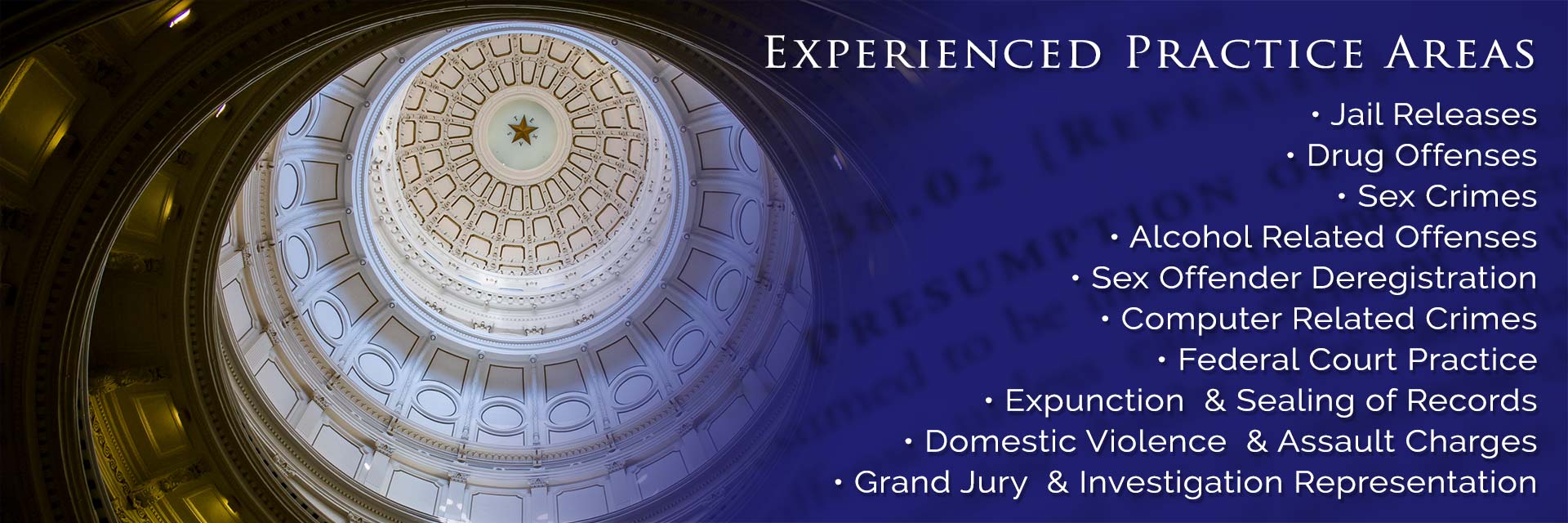Contact Us for Appointments, After Hours Jail Releases & Emergencies
Call 512-474-6484
Certified as a Criminal Law Specialist by the Texas Board of Legal Specialization
Austin Criminal Defense Lawyer
The Law Office of Scott C. Smith is committed to providing high-quality legal representation to clients accused of federal and state crimes. As an Austin criminal defense attorney with thirty years of experience, Mr. Smith is certified as a Criminal Law Specialist by the Texas Board of Legal Specialization and takes pride in strategic, assertive and effective representation of each client he serves. Mr. Smith is an award-winning attorney who is respected by his peers and has been requested to speak at seminars on a variety of topics ranging from computer crimes to parallel civil/criminal litigation to sex offender deregistration.
Scott C. Smith
What Can We Do For You?
Experienced Defense With Personal Care
Since 1990, the Law Office of Scott C. Smith has successfully defended clients in cases ranging from the simple to the highly complex. Our office seeks to provide you with personal and individualized representation. Cases that we commonly handle include:
- Alcohol Related Offenses including DWI, Intoxication Assault, & DUI
- Computer-Related Internet Crimes
- Sex Crimes including Child Molestation
- Drug Offenses
- Child Abuse and Domestic Violence Charges
We know that your situation is unique and deserves the close attention that leads to successful representation. For that reason, Mr. Smith, a specialist in criminal law certified by the Texas Board of Legal Specialization, will attend to your case personally. He has experience representing clients in complex and unusual circumstances throughout the entire legal process. Whether you are being investigated, facing federal or state charges, or want past charges expunged from your record, Mr. Smith can assist you.
Defense From Every Angle
Regardless of your specific legal situation, you need an attorney who knows the law inside and out, keeps up to date, catches unjust and illegal practices, and communicates with other specialists if their expertise can help your case. As a Texas criminal defense attorney specializing in criminal law, Mr. Smith maintains a deep familiarity with current criminal law and uses recent changes to your benefit. He has successfully defended clients against illegal search and seizure, improper investigation, and police misconduct. In complex cases, he is experienced in working with experts such as toxicologists, technology and medical experts, forensic psychiatrists, and other forensic professionals.
Any Location, Any Situation
Mr. Smith often successfully resolves cases through negotiation, but firmly believes it is crucial to always be prepared to take cases to trial. If a trial will provide the best outcome for you, he has the experience and energy to represent you before a jury of your peers. He represents clients facing a range of criminal charges, from a simple misdemeanor in a Texas state court to a complex felony in a federal court. The Law Office of Scott C. Smith is based in Austin, Texas, but regularly represents clients throughout Texas in state courts and handles cases throughout the country in federal courts. Regardless of your charge or location, you need a good attorney. Mr. Smith will use his experience to fight for you effectively. Call the Law Office of Scott C. Smith at (512) 474-6484 for the representation you deserve.


